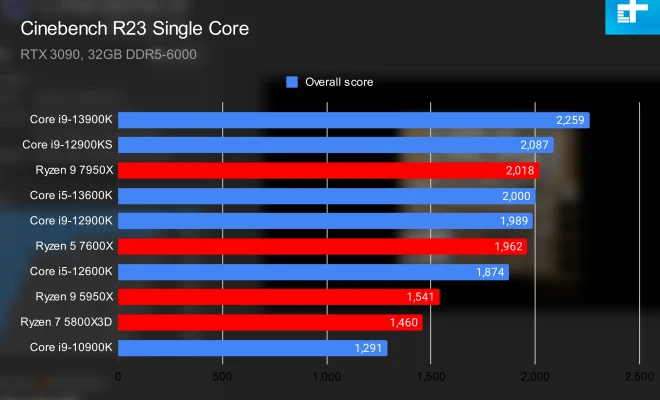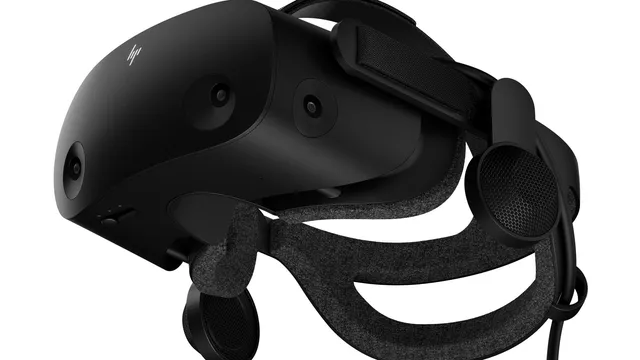AMD vs. Intel

In the world of computer processors, AMD and Intel have long been the two dominating forces. Both companies have constantly strived to deliver the most advanced and efficient technological solutions for consumers, with each new release more powerful than the last. In this article, we will delve into the battle between AMD and Intel, exploring their history, strengths and weaknesses, and comparing their products in various segments.
History of AMD and Intel
Advanced Micro Devices (AMD) was founded in 1969 by Jerry Sanders, with a focus on producing microprocessors and related computing devices. Initially a second-source provider for Intel chips, AMD started developing its own line of x86 processors in the late 1980s and early 1990s.
Intel Corporation, founded in 1968 by Robert Noyce and Gordon Moore (co-founder of Fairchild Semiconductor), was a pioneer in semiconductor innovation. Its x86 architecture became the industry standard for PC-compatible personal computers, making it a dominant force in market shares.
Strengths and Weaknesses
AMD:
1. Strengths:
– Competitive pricing
– Improved multi-core performance
– Availability across various price ranges
– Diverse product lineup
2. Weaknesses:
– Historically lower single-thread performance
– Less-optimized software support
– Slower adoption by business users
Intel:
1. Strengths:
– Established brand reputation
– Historically superior single-thread performance
– Widespread software optimization
– Strong presence in business segment
2. Weaknesses:
– Higher price points
– Vulnerabilities to security flaws (Spectre, Meltdown)
Product Comparison: Desktop Processors
In the desktop processor market segment, both AMD and Intel offer multiple options to cater to different needs – from entry-level to high-end gaming and workstation solutions.
AMD’s Ryzen lineup, for instance, comprises budget-friendly options (Ryzen 3), mainstream (Ryzen 5), high-performance (Ryzen 7), and enthusiast/workstation-class processors (Ryzen 9). With their Zen architecture and 7nm process technology, the Ryzen processors have been able to close the performance gap with their Intel counterparts and even surpass them in multi-core performance.
Intel’s Core processors include the entry-level Core i3, mainstream Core i5, high-performance Core i7, and enthusiast-level Core i9. While Intel has maintained a lead in single-threaded performance, their latest generation (Rocket Lake) CPUs face stiff competition from AMD’s offerings. In addition, Intel still uses a 14nm process technology that is now showing its age compared to AMD’s newer and more efficient 7nm design.
Product Comparison: Laptop Processors
In the laptop segment, both AMD and Intel offer various solutions for ultrabooks, gaming laptops, and workstations. AMD’s Ryzen Mobile processors combine efficient power consumption with strong processing performance creating well-rounded mobile CPUs. Meanwhile, Intel’s Tiger Lake laptop processors deliver impressive single-threaded performance but can consume more power when pushed hard.
Conclusion
The battle between AMD and Intel continues to escalate as both companies innovate rapidly to stay ahead of the curve in terms of technology. While Intel was once the undisputed leader in computer processor tech, AMD has gained a strong foothold in recent years thanks to its highly competitive products. Ultimately, choosing between an AMD or Intel processor depends on your specific requirements such as budget priorities, preferred workloads, and overall system balance. Regardless of your choice, the competition only benefits consumers who continue to receive improved products at attractive price points.




